Last updated on April 29th, 2024
Loft insulation cost
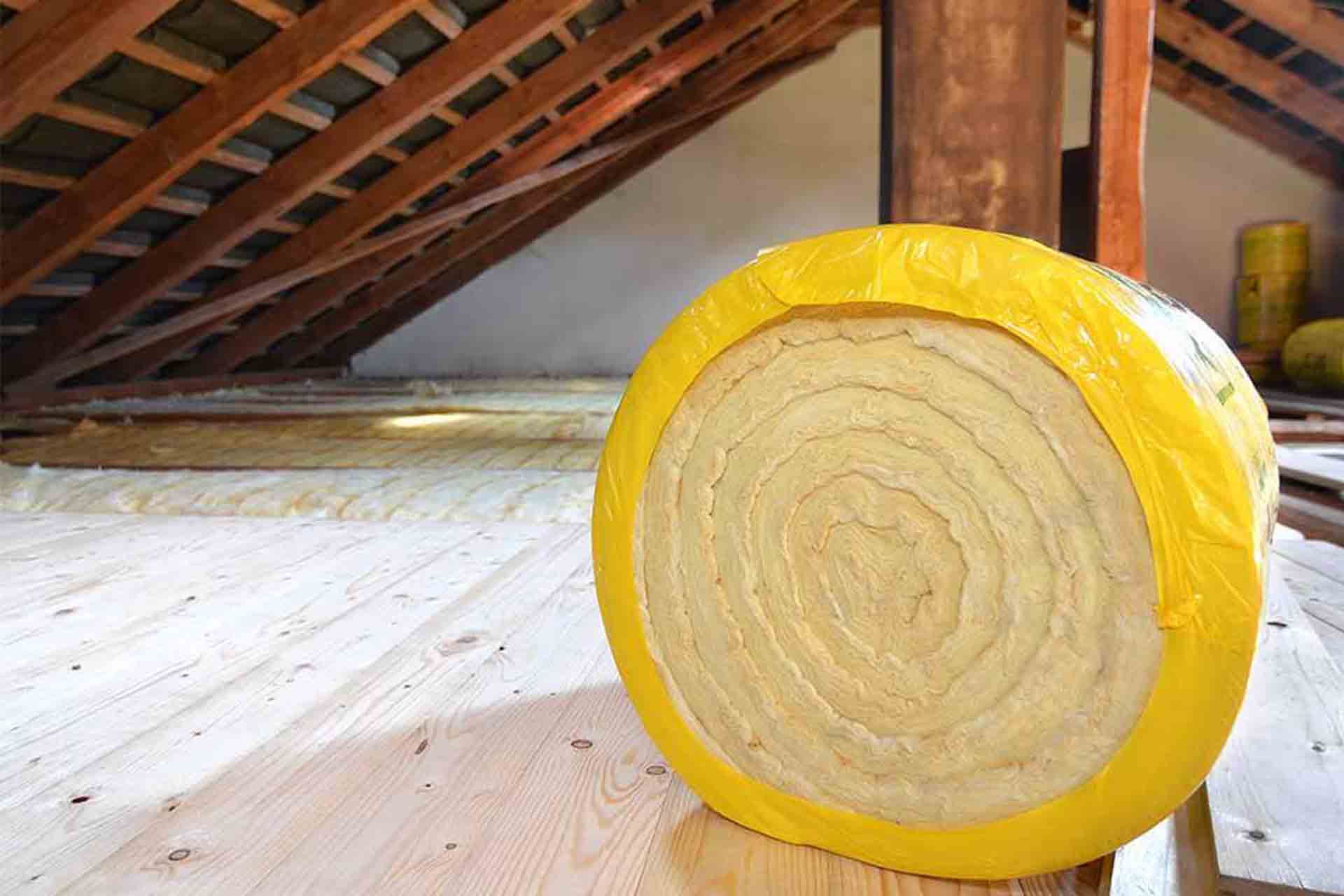
Building inspectors will often ask for the existing attic insulation specifications when it comes to large extensions or heating system replacements. If they don’t meet the recommended requirements, an upgrade will be necessary before work can be carried out.
You may be able to get free or cheaper loft insulation from the government’s Great British Insulation Scheme. You can check on their website to see if you’re eligible for support.
How much does loft space insulation cost?
| Cost provided item | Unit | Average UK cost (+VAT) |
|---|---|---|
| Insulating loft with basic quilt insulation | Ea | £725 |
| Quilt insulation (270mm) (Detached house) | Ea | £1,206 |
| Quilt insulation (270mm) (Semi-detached house) | Ea | £825 |
| Quilt insulation (270mm) (Terrace house) | Ea | £654 |
| Quilt insulation (270mm) (Bungalow) | Ea | £1,206 |
| Quilt insulation (2 x layers) (materials only) | Per m² | £10 |
| Loose-fill insulation (material only) | Per m² | £12 |
| Sheet insulation (PIR) (materials only) | Per m² | £35 |
| Spray foam insulation (materials only) | Per m² | £37 |
| Thermal foil layer (materials only) | Per m² | £14 |
| Labour cost | Per day | £250 |
| Insulation to pipework (materials and labour) | Per metre | £6 - £35 |
| Upgrading water cistern insulation (materials and labour) | Ea | £150 |
| Relocating electrical wires (labour) | Per day | £300 |
| Loft boarding (materials and labour) | Per m² | £55 |
Our costs are ballpark averages – get a local tradesperson to quote now
Find and book your trade with us and we'll guarantee their work up to £1,000*.
Guaranteed for 12 months. Eligibility and T&Cs apply
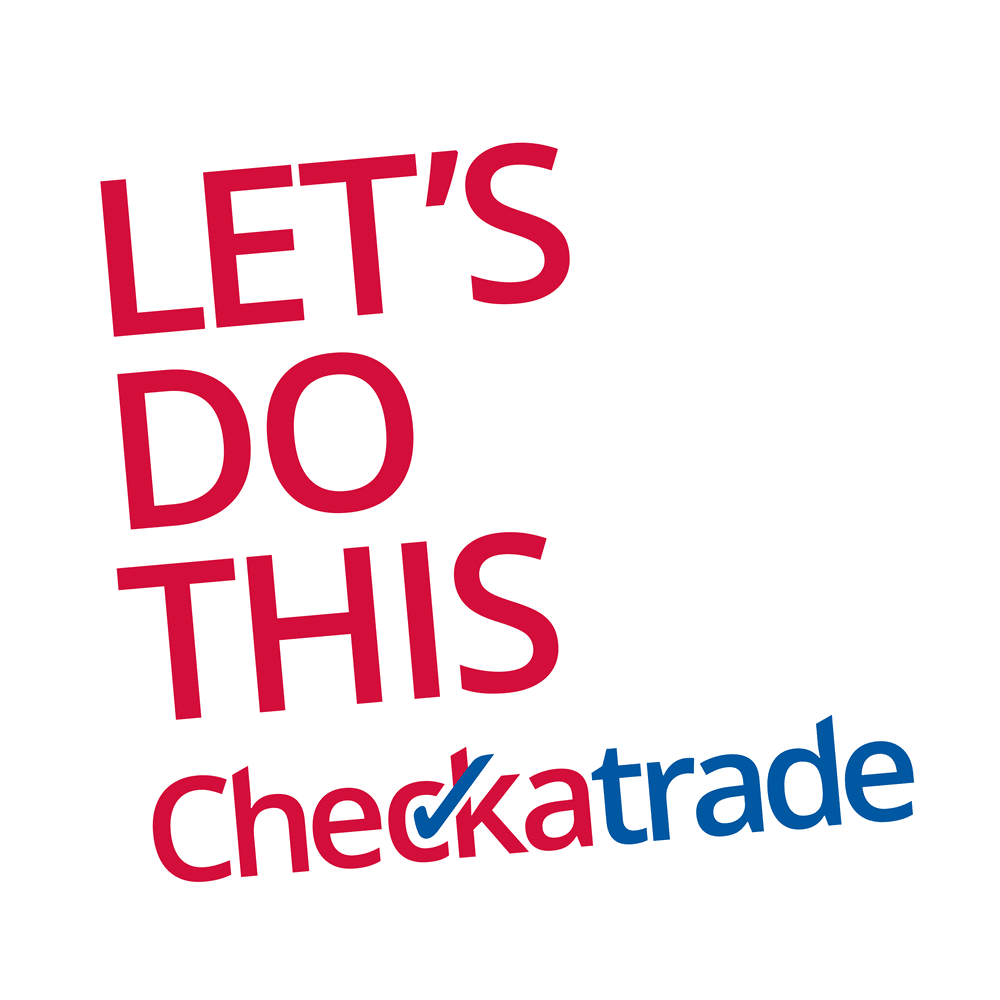
Factors affecting loft insulation costs
To summarise, the main factors that affect loft insulation cost include:
- The type of insulation used for loft space
- The amount of insulation required
- Any removal of the old insulation needed
- The accessibility of the space (limited access may cost more due to the complexity of the installation).
Can I get free loft insulation?
The government have recently announced The Great British Insulation Scheme which offers free or cheaper insulation to reduce your home’s energy bills. You may be able to get support to install loft insulation as well as:
- Cavity wall insulation
- Solid wall insulation (internal or external)
- Flat or pitched roof insulation
- Underfloor insulation
- Solid floor insulation
- Park home insulation
- Room-in-roof insulation
You might get support if your home has an EPC of D-G, or your home is in a council tax band A-D in England or A-E in Scotland or Wales.
You can check on their website to see if you’re eligible for support.
What is the loft insulation cost per m2 in the UK?
The loft insulation cost per m2 in the UK will vary based on the material you choose.
You may be able to get free or cheaper loft insulation from the government’s Great British Insulation Scheme. You can check on their website to see if you’re eligible for support.
Spray foam cost for loft insulation
Due to the materials and installation method, the average cost of most spray foams is higher than their counterparts.
For example, the average cost of spray foam insulation will set you back around £37 for the materials per m² and £250 per day for labour. This is because the equipment and skills required to install spray foam aren’t as readily available as more popular alternatives.
What is the labour cost for loft insulation?
Loft insulation labour costs can vary depending on the work required. Most tradespeople will charge a day rate of around £250 for installing loft insulation. However, if other jobs are needed, e.g., electrical wire relocation or loft boarding, then the costs can jump up.
Average loft insulation labour cost (per day): £250
The average cost of electrical rewiring: £300
Average loft boarding cost: £55 per m² (materials and labour)
Additional attic or loft insulation costs to consider
As previously discussed, having your loft insulated isn’t as straightforward as laying it down and leaving it. You need to consider the cost of materials and the labour required to prepare the area for insulation in the first place. Additional attic insulation costs can include:
- Pipe lagging (insulation fitted around water pipes)
- Relocating electrical wires
- Installing loft boarding
- Implementing loft access
- Loft hatch insulation
Roof insulation cost
Roof insulation is the same as loft insulation. When people refer to roof insulation, they are referring to the barrier of material within your roof space, either between the joists or rafters.
The average cost of labour for roof insulation is £250 per day.
Attic insulation – annual savings
The Energy Saving Trust estimates that well-fitted loft insulation can save you an average of £150 per year. It also increases the value of your home by up to 16%, which we believe makes the savings worth the cost of investment.
How long does it take to insulate a loft?
The time it takes to insulate a loft depends on several factors, including the size and method of insulation. For example, blanket and quilt insulations take far less time to install than sheet or board insulations. Although the labour costs are the same, installing sheet insulation is generally twice as long.
Overall, most insulation installations take less than a day. However, this doesn’t account for any additional costs that are required.
Can I insulate my loft myself?
Hiring a professional tradesperson is beneficial for several reasons. Firstly, they’ll dispose of any excess materials for you. Secondly, they’ll prepare the area and ensure the insulation meets the required standards. Lastly, a professional knows what to look for, what equipment to use, and how to protect themselves.
Although it is possible to install some loft insulations yourself e.g., blanket or roll, the results are less likely to last. This means you’ll miss out on the cost-saving benefits that led you to install insulation in the first place.
What are the benefits of insulating your loft or attic?
Insulating your loft or attic has many benefits, including energy efficiency, heat retention and potential savings in your bills.
For more information on the benefits to insulating your loft, check out our guide which has all the information you need.
Key takeaways
- The average quilt insulation (270mm) for a detached house is £1,206
- The average roof insulation labour cost is £250 per day
- Most loft insulations can take less than a day to install
- The average return on investment is worth the attic insulation costs
Find and book your trade with us and we'll guarantee their work up to £1,000*.
Guaranteed for 12 months. Eligibility and T&Cs apply

Working with professional estimators, we collate cost estimates for the common home improvement and repair jobs in the UK.
All the costs are estimates only. For accurate costs for your particular requirements, you are encouraged to reach out to professional tradespeople to receive a quote for your job.
Our estimators are Chartered Members (MRICS) of the Royal Institution of Chartered Surveyors and Members of the Chartered Institute of Building (MCIOB). See full disclaimer.
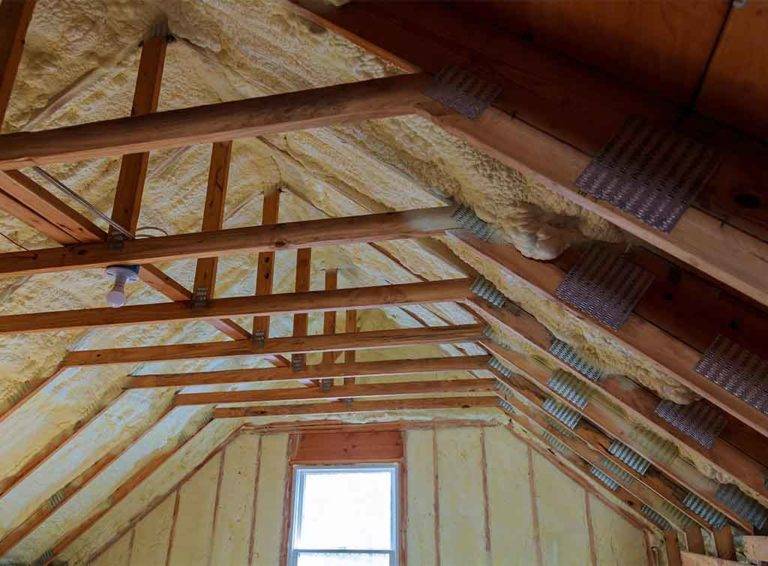
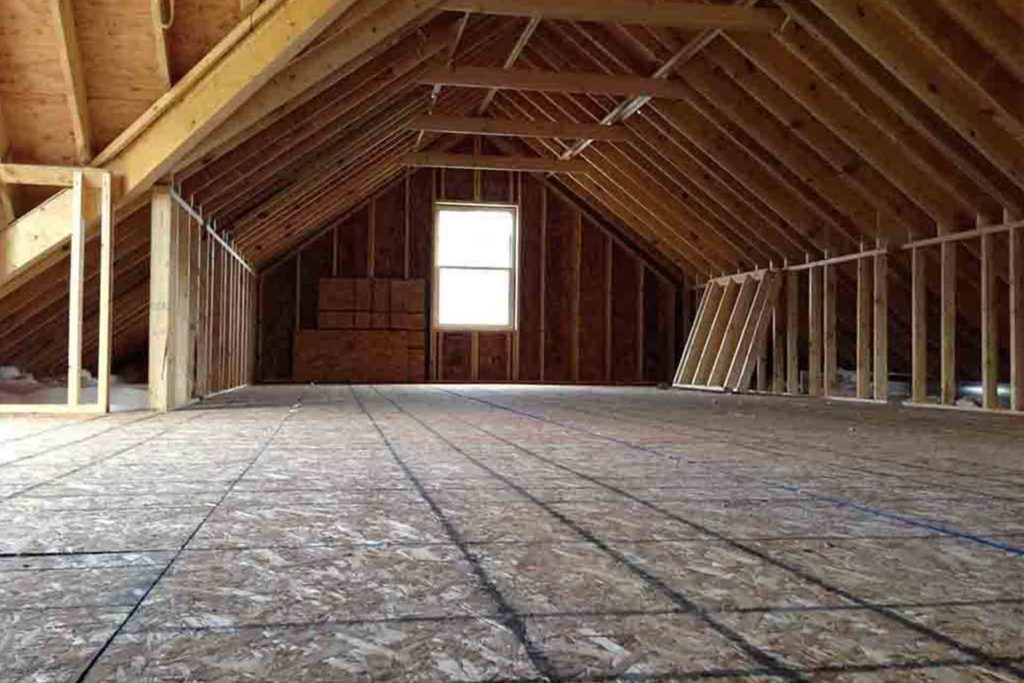
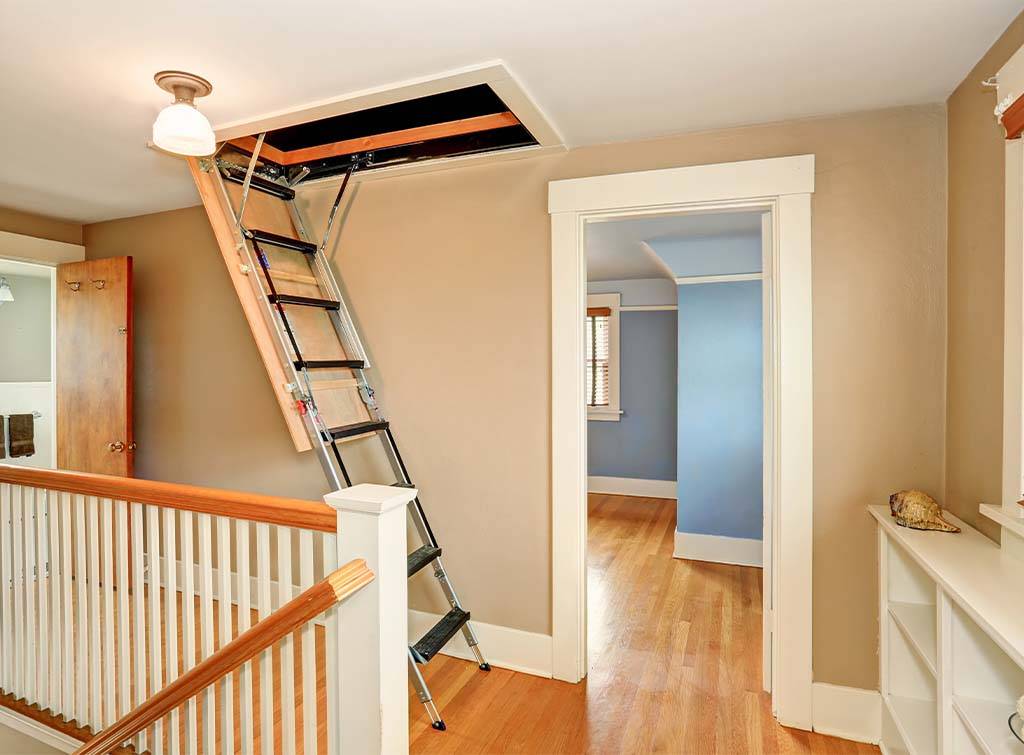
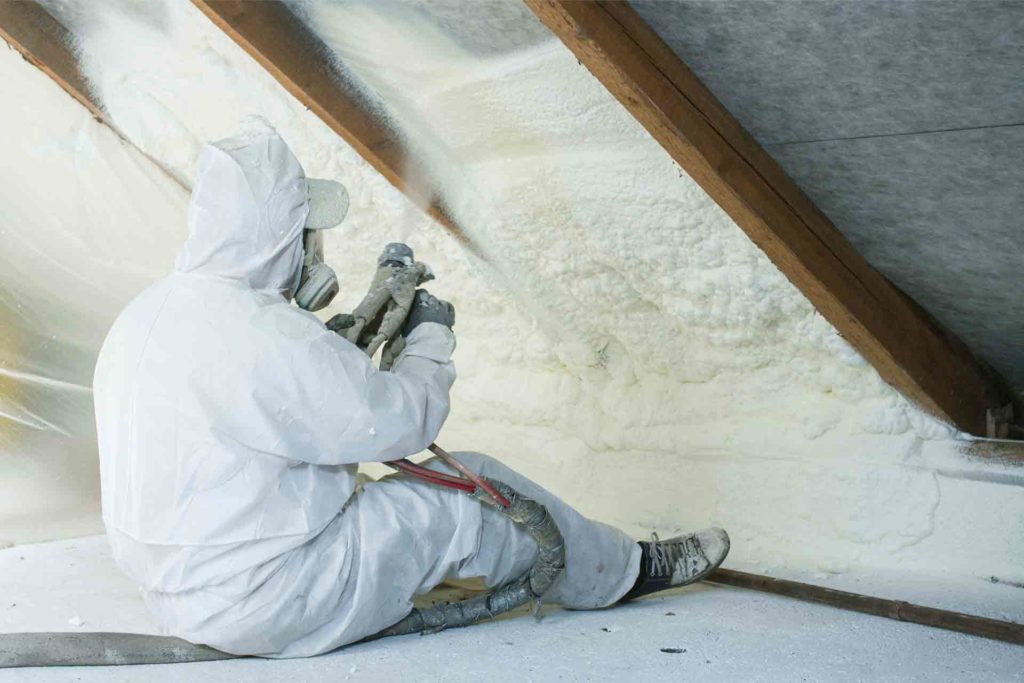
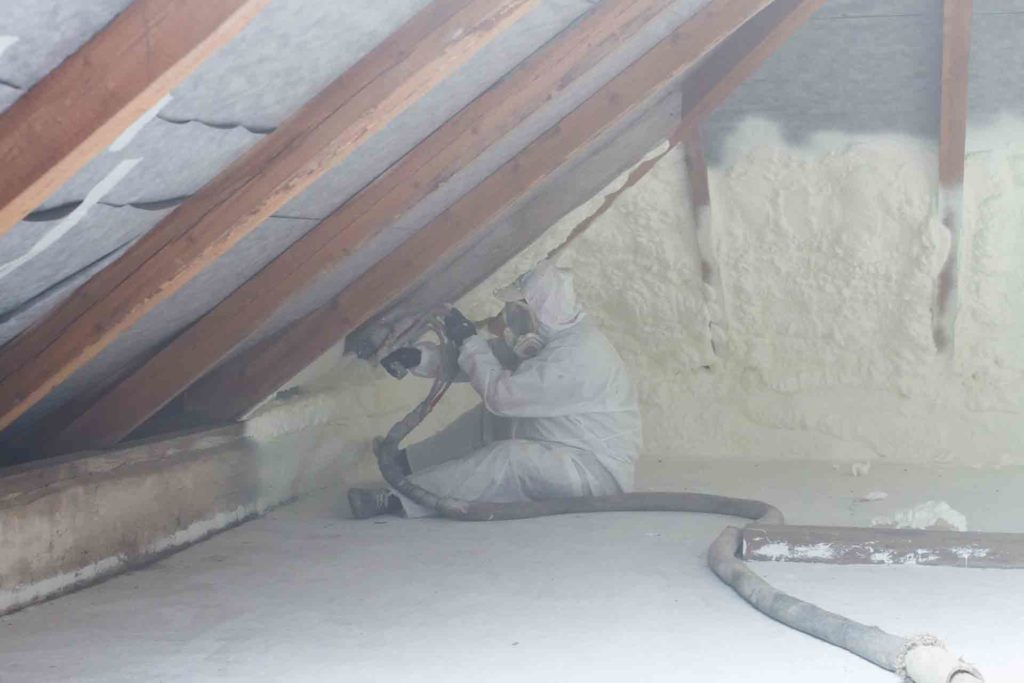
Pat McCarthy
A very comprehensive detail of every type and aspect of insulation.
Peter Norman
Very informative !
Loft Boarding Specialist
This is a perfect post to read because it gives you more detail on how much lofts insulation cost.
Checkatrade
Hi Diana, many of our vetted tradespeople can help you with this project of yours. Search for a local loft insulator right HERE. Enter your postcode and those nearby will appear for you to reach out to. Thank you and good luck!
Diana Jane Bateman
I would like to have some loft insulation, are any of your trades people licensed under the governments Green Homes Scheme. Many thanks
Checkatrade
Hi Richard, If you already have insulation installed you can qualify for a 'top up' under the scheme. It's not so clear cut on replacement, but it's thought the grant won't cover the replacement of the insulation you already have.
Richard Frederick Dawson
Can additional loft insulation(where the existing insulation is below the recommended thickness) be claimed for under this new scheme ?